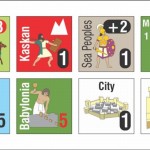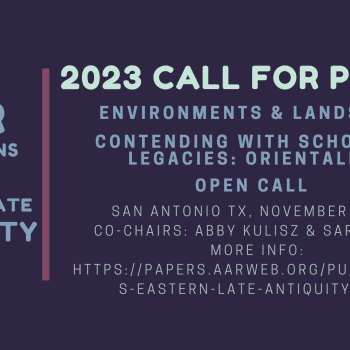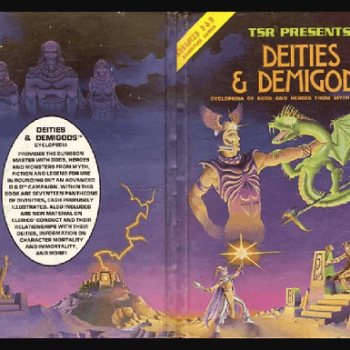Two calls for papers came to my attention recently, and so I thought I would share them here together, since the first one’s theme (covering dystopian fiction) is also a major subset of the second one’s subject area (young adult fiction):
(UN)ETHICAL FUTURES: UTOPIA, DYSTOPIA AND SCIENCE FICTION
16 & 17 December 2017
With pre-conference activities for postgraduate students on 15 December 2017
Hosted by Monash University in Melbourne, Australia
Organised by Monash University and the University of Warwick with funding provided by the Monash Warwick Alliance
CALL FOR PAPERS
Deadline: 13 August 2017
(Un)Ethical Futures is a two-day interdisciplinary conference exploring the ethical concerns of utopia, dystopia and science fiction. As we find the world in a state of significant social and political uncertainty, representations of more (or less) ethical futures can help us understand the impulses driving society today, and our hopes and fears for the future. The conference will feature keynote addresses, interactive workshops and concurrent panels.
Keynote speakers: Andrew Milner (Monash University & University of Warwick) and Jacqueline Dutton (University of Melbourne).
Workshop leaders will include: Sascha Morrell (Monash University) and Meg Mundell (author of Black Glass & Things I Did for Money).
The conference will engage with a wide range of disciplines across the humanities, arts, and social sciences, including literary studies, media studies, history, philosophy, and cultural studies. The conference themes also span multiple genres and modes, from science fiction (sf) about the near or distant future, to alternative histories about better or worse presents, to fantastic stories about utopian or dystopian societies. The conference’s focus on ethics allows for a range of topics, including environmental ethics and climate change, human bioethics, animal ethics, the ethical use of technology, ethics of alterity and the ethical treatment of others, as well as related issues of social justice.
Possible areas of engagement include, but are not limited to:
Environmental ethics in speculative climate fiction (“cli-fi”)
Bioethical issues in sf, including biopunk and cyberpunk
The treatment or representation of animals, artificial intelligence, aliens or other posthuman or non-human entities in utopia, dystopia and sf
Historical and literary attempts at creating real or fictional utopian communities
Utopian and dystopian dimensions of Indigenous literature and traditions
Critiques of colonialism, racism, sexism and institutional abuses in utopia, dystopia and sf
Philosophy, ethics and the utopian impulse
Politics, activism, social justice and ethics in sf and its fan communities
Ethics, alterity and literary form in speculative fiction
We invite the submission of proposals for 20-minute papers. We also welcome proposals for panels (three 20-minute papers) and readings of original creative work, including short fiction and poetry (up to 20 minutes’ duration). Proposals should comprise a title, abstract (200–300 words), and a brief author bio (100 words).
Please submit proposals via email to utopias-conference@monash.edu by 13 August 2017.
Following the conference, convenors will circulate a call for submissions for a special issue of Colloquy: text, theory, critique, which will publish research peer-reviewed articles, as well as creative writing and book reviews, arising from the conference proceedings.
For more information, visit the conference website: http://sites.google.com/monash.edu/utopias
Here’s the second one:
BEYOND THE BLOCKBUSTERS: THEMES AND TRENDS IN CONTEMPORARY YOUNG ADULT LITERATURE
deadline for submissions:July 14, 2017full name / name of organization:SAMLA 89: High Art/Low Art Borders and Boundaries in Popular Culturecontact email:
In the last two decades, Young Adult (YA) literature has become increasingly popular; both the YA fan base and YA publishing imprints have continued to grow at a time when many other subsets of book publishing are shrinking. Debates about whether YA literature qualifies as “High Art” or is always relegated beyond an arbitrary boundary to be “Low Art” are ongoing. Regardless of those debates, YA literature and its adaptations dominate popular culture. While YA continues to expand, it often appears that the corpus of texts that are taught, studied, and critically examined overlap with texts discussed in the popular media; this has created an increasingly small hypercanon of texts that are limited to the kinds of bestseller texts that make a huge impact on popular culture. To non-experts, the YA category is often considered to be synonymous with huge blockbuster fiction titles like Harry Potter, The Fault in Our Stars and The Hunger Games. These titles then often become the “High Art” of the YA literature canon, carrying a cultural stamp of approval borne out of media and academic embrasure.
This panel aims to expand the discussion of YA from these particular titles into a larger, meta-analysis of trends and sub-genres within the YA designation. What are the major motifs, themes, plot devices, narrative frames, or character types found in various sub-genres? This question helps academics theorize contemporary YA and analyze the larger implications of emerging sub-genres and trends. Presentations can address YA trends or mini-genres in terms of theoretical importance, cultural significance, pedagogical value, or combinations of these approaches. The panel asks participants to consider what academics and readers are missing when focusing on the “high art hypercanon” mentioned above.
By July 14, please send a 300-500 word abstract, brief bio, and AV requirements to Rachel Dean-Ruzicka, Georgia Institute of Technology, at rachel.dean-ruzicka@lmc.gatech.edu
SAMLA (South Atlantic Modern Language Association) takes place in Atlanta, Georiga November 3-5, 2017.

















